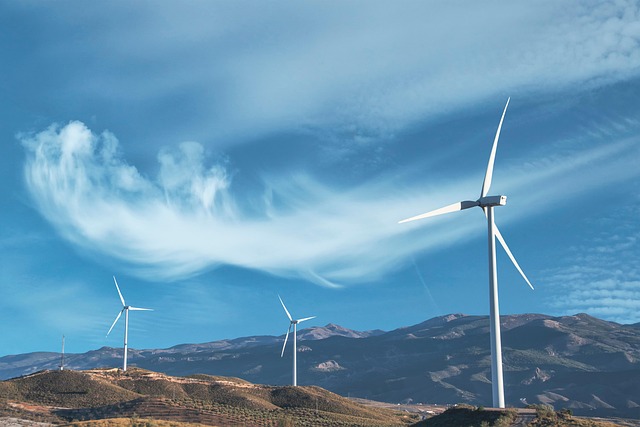The draft legislation ‘bringing an end to the search for and processing of conventional and non-conventional hydrocarbon fuels and resulting in several provisions regarding the environment’, presented in early September by the French government, must allow for the re-launch of natural gas storage in France.
An initial attempt to bring about reform through an order following the French Energy Transition towards Green Growth Act (LTECV) last year failed, after being rejected by the Council of State. The problem encountered arose from legal uncertainties regarding the status of compensation for storage operators that would ensure regular revenue for them.
Nevertheless, a task completed by the French Inspectorate General of Finances, the Conseil général de l’économie, de l’énergie et des technologies [General Council for the Economy, Energy, and Technology] and the General Council for the Environment and Sustainable Development confirmed the necessity of reforming the current system in a report published on 1st August 2017.
In order to allow for the reform’s rapid implementation, the draft legislation currently being discussed includes, in Article 4, provisions for new legislation through an order.
The objective of Article 4 of the draft legislation is reinforcing the security of gas supply, to guarantee that gas resources are available to consumers even during periods of high consumption, as experienced in France during winter 2017. This reinforcement must take into account the characteristics of the different gas consumers in France, whether they are high-consumption companies or individuals.
More precisely, this means modifying the framework for access to underground gas storage infrastructures necessary to the security of gas supply and the proper functioning of the gas network, their use and marketing, to install a regulated access framework, guaranteeing the coverage of costs borne by operators of these infrastructures through a charge for using the natural gas transmission networks. The obligations surrounding suppliers’ holding natural gas inventories and the obligations of continuity of supply provided for in the energy code will be amended. The missions of underground natural gas storage operators, the Energy Regulatory Commission, the transmission network managers and storage suppliers must be adapted.
The French government will be authorised to enact an order, within a period of twelve months following the promulgation of the law, to take any measure allowing, among other things, the marketing of storage capacities to suppliers through an auction mechanism, with coverage of the potential difference between the prices resulting from the auctions and the costs regulated through compensation included in the transmission charges.
Furthermore, to ensure the security of supply at the optimum cost, the possibilities for creating contractual obligations for interruptible capacities should be extended to natural gas consumers connected to distribution networks. By the same token, in order to preserve the integrity of the gas system and to control the impact in the event of insufficient gas supplies at a point in the network, regulations on the shedding of consumption of natural gas will be set.
Finally, the integration of the costs borne by the underground storage operators into the charges for using the transmission and distribution networks will require the provisions of the energy code on reducing the charge for network usage to be modified, in order to extend them to other types of consumers of gas than those currently affected.
In early September, the DGEC (Directorate General for Energy and Climate) entered into new discussions on the draft order, and the CRE (Energy Regulatory Commission) has scheduled a ‘storage workshop’ on 13 October. While the broad strokes of reform envisaged in 2016 have been preserved, several modifications have nevertheless been made, following work with the Council of State and the mission of the inspectorates general:
- Clarification of the article on authorisation
- Rewriting of the aspects regarding financing of the covering of storage operators’ costs, in order to clarify the tariff nature of this financing.
- Reworking of the ‘last resort obligation’
This last action would not affect suppliers, but storage operators themselves.
As regards compensation, this will take the form of the addition into the charge for using transport networks of a share proportional to the difference between the firm capacity subscribed and the average annual usage of this capacity.
The DGEC’s goal is to finalise the reform of the legislative framework on storage this year, prioritising it over the other elements of the law on authorisation, for entry into force from winter 2018-2019, and then to manage the other aspects of authorisation (continuity of supply, interruptibility, shedding) in separate orders.
But the draft order also does not include the modifications of the charges for using the natural gas transmission and distribution networks applicable to high-consumption sites, although these are provided for in the authorisation draft legislation. This will certainly pose a problem for the CRE, which will use the framework to define the basis for compensation, but not as a complete key to sharing among the various consumers…
At a minimum, the storage order will have to provide for exemptions for high-consumption sites who do not depend on storage for their gas supply, such as gas-fired combined-cycle power stations: indeed, they function according to a purely economic spread logic, purchasing gas ‘at no obligation’ only when it is available under conditions that are competitive on the markets.






